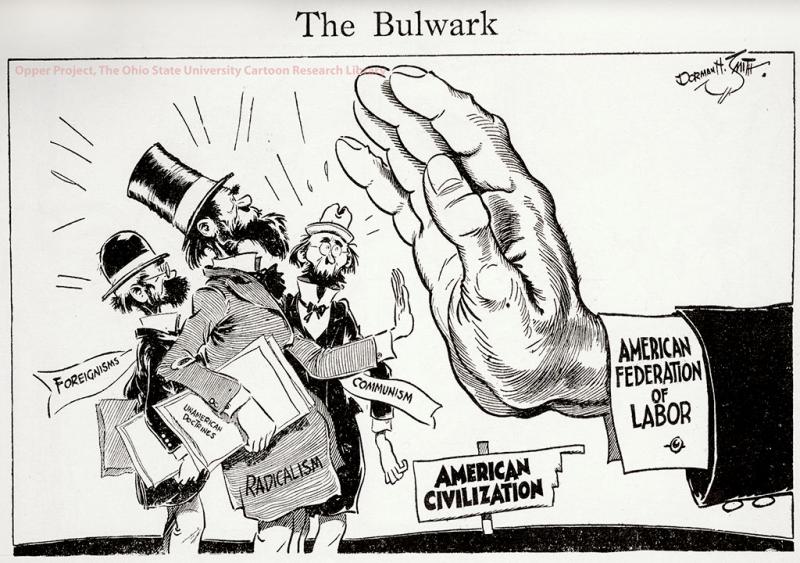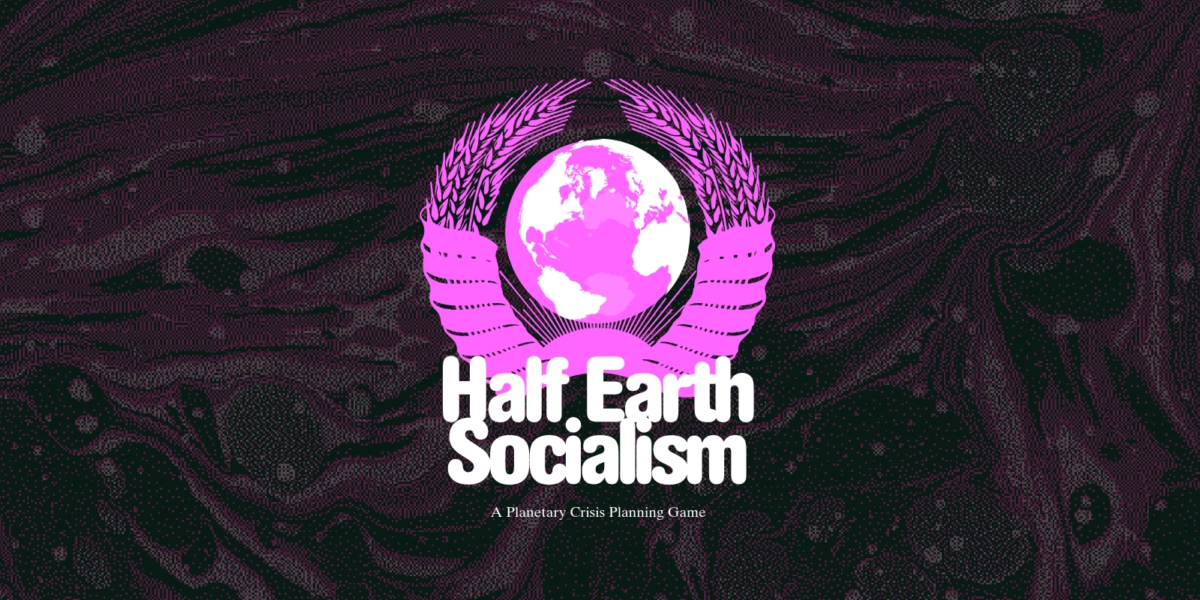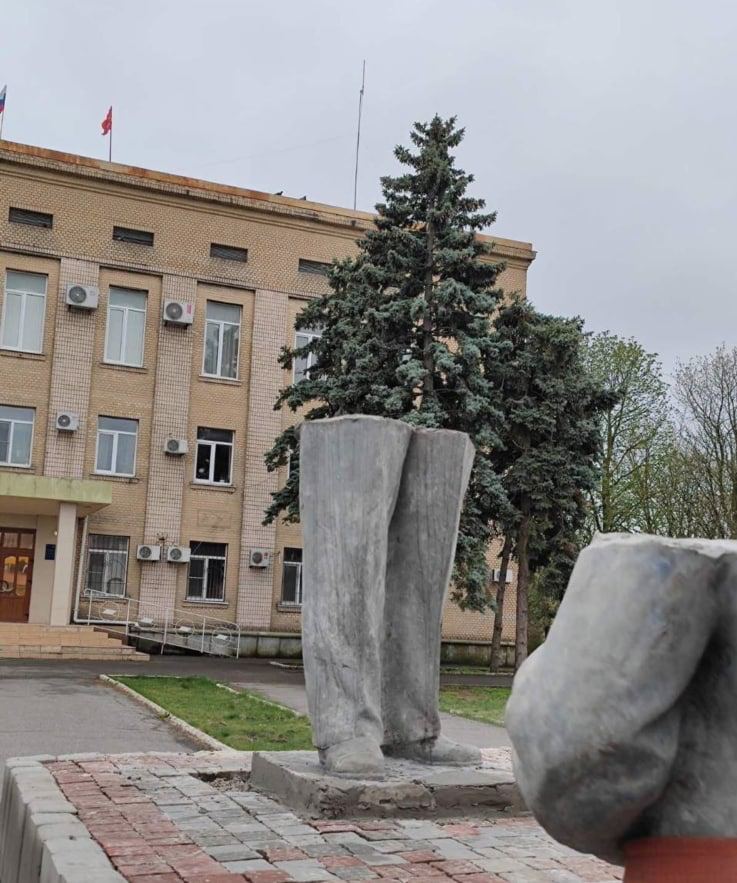Keeping it short: yes; capitalism; no.
Slightly longer-form: worker’s co-operatives can’t compete on price with non-co-ops, so their stuff is invariably more expensive, so they are almost invariably niche. The exception to that comes, in cases like Mondragon, where they manage to establish broader dominance early, in some way. They can sometimes maintain that due to the inherent advantages such a position has; as far as I’m aware, that more or less explains the success of Mondragon.
On the niche side, a common pattern is for a worker’s co-operative to end up servicing wealthy (John Lewis in the UK, say) and/or ideologically motivated clientele. They get to feel warm and fuzzy about the relative lack of exploitation / alignment with their values, and can either afford the premium attached, or are willing to make unusual levels of sacrifice.
I don’t know much about it myself, but SFRY went big on worker’s co-operatives. It could be a fruitful area of reading for you.
There’s been some discussion about it in the Morning Star this month as well. See https://morningstaronline.co.uk/article/f/can-co-operatives-play-role-transition-socialism and a lively debate in following letters pages.



















They’re calling it a homage because they think the public won’t know what that means.
Sadly, they’re right :/